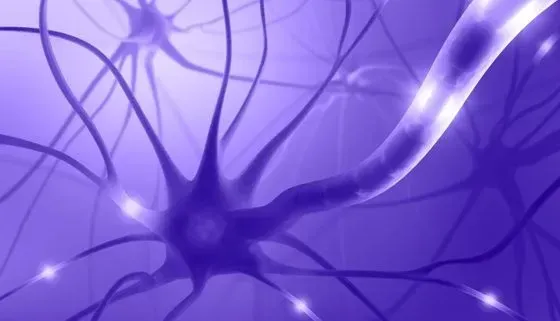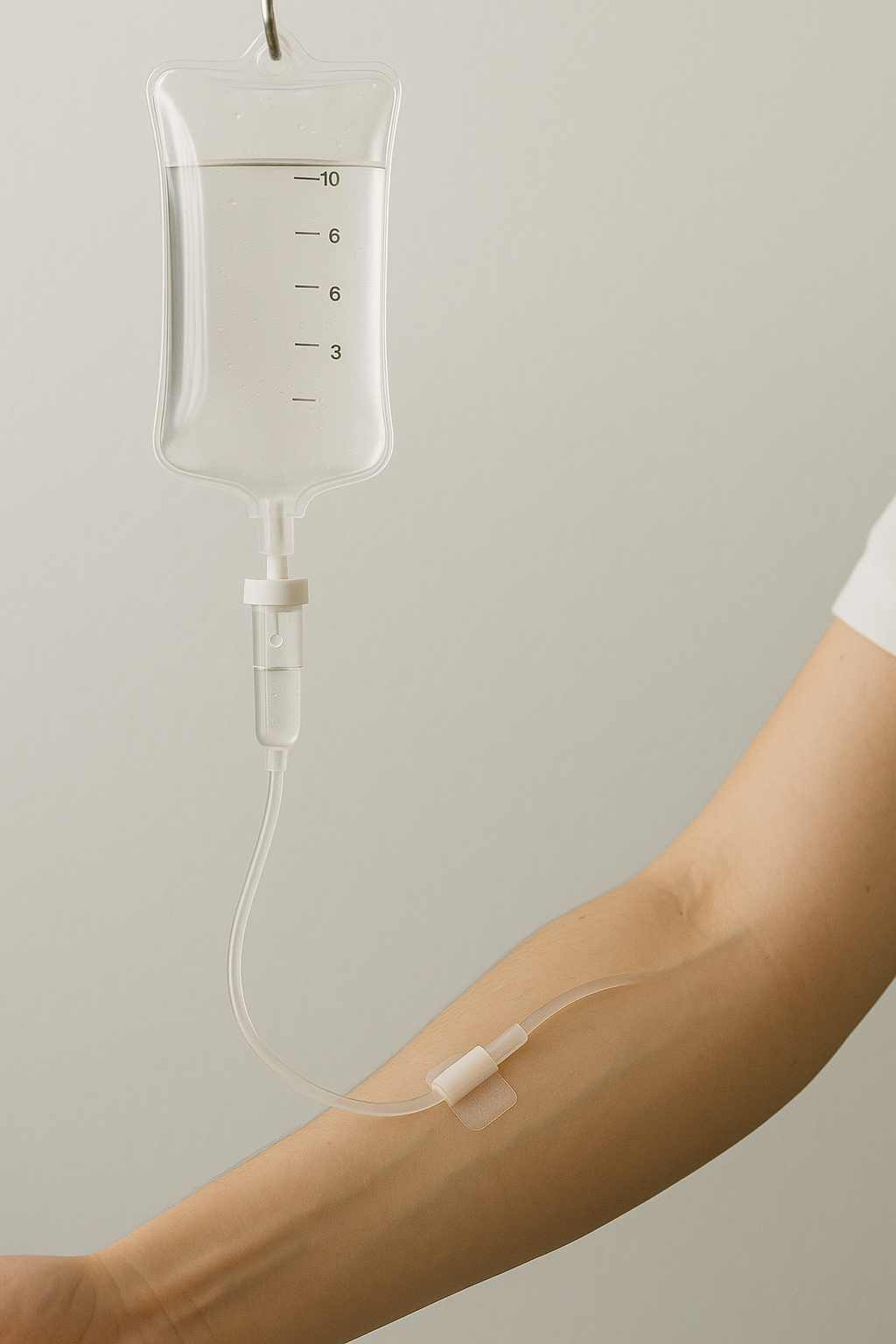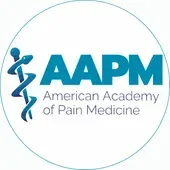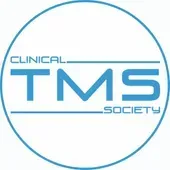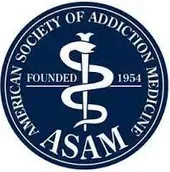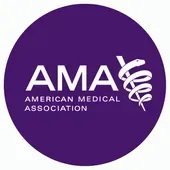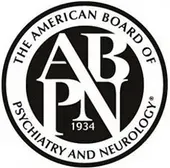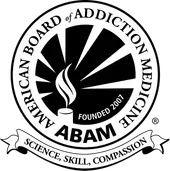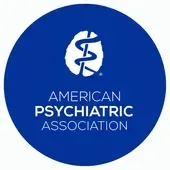TMS vs ECT
Wave Treatment Centers
TMS vs ECT
Depression is a deadly mental illness. Individuals who grapple with depression of any kind can quickly find themselves in a very dark place where they feel alone and hopeless. Without the proper treatment, many people put themselves in life-threatening situations or even take their own lives because of the overwhelming weight of this mental health condition. Thankfully, depression is a treatable condition that is often approached with a combination of medication and therapy. But, what if the traditional means of depression treatment don’t help to alleviate symptoms? There are a number of additional treatment options for depression, including options that involve stimulating the brain. Two of the most common treatments used to do this include transcranial magnetic stimulation (TMS) and electroconvulsive shock therapy (ECT). But what separates TMS vs ECT?
What is ECT? What is TMS?
Both TMS and ECT are designed to stimulate areas of the brain that are not properly functioning, causing depression to occur. ECT in particular, was first developed in Italy in the 1930’s, as medical professionals had already known that inducing seizures on patients with mental illness could alleviate symptoms. Because of the invasiveness and intensity of this procedure (as it caused purposeful seizures) ECT wasn’t used in the 1960’s or 1970’s, but came back into popularity in the 1980’s. It is still utilized today as a means of treating severe mental illness.
TMS does not have the same long history as ECT, but it does date back to the 1980’s when it was first developed. Based on the stigma surrounding ECT, many people were and continue to be fearful of including TMS into their overall treatment for depression. However, TMS vs ECT are very different in this way, especially because TMS does not induce seizures but still stimulates the appropriate areas of the brain just the same.
How are TMS and ECT the Same?
The greatest similarity between TMS vs ECT is that they are both used to treat treatment-resistant depression, or TRD. Up to 30% of individuals experiencing depression develop treatment-resistant depression, which occurs when traditional treatments for this mental health condition do not provide much or any relief. TMS has shown a 68% positive response in treated patients while ECT has shown a comparable 66-79% positive response in its patients. On the other hand, approximately 45% of TMS patients go into remission while 47-75% of ECT patients experience remission. Despite the stigma around both treatments, the Food and Drug Administration (FDA) has approved both TMS and ECT to be used in the treatment of depression.
How Do TMS and ECT Differ?
TMS vs ECT are more different than they are similar. For starters, ECT is a treatment that needs to be conducted while a patient is under general anesthesia. Not only does this mean that the patient is unconscious for the procedure, but it also means that they are required to be hospitalized after being treated. This can impact a patient’s daily life, especially because ECT is an invasive procedure and can cause side effects including nausea, fatigue, headache, confusion, and minor memory loss. These effects can last anywhere from a few minutes to a few hours. TMS, on the other hand, does not require a patient to be placed under general anesthesia, nor is it an invasive procedure. Instead, TMS is a non-invasive procedure that utilizes a coil to deliver magnetic stimulation to the brain (ECT utilizes electrodes). The side effects associated with TMS are much more minor and can potentially include short-term tingling in the jaw or headache. TMS patients are able to leave the doctor’s office immediately after receiving TMS treatment, as they do not require hospitalization.
TMS vs ECT: Which is Better?
There are certainly similarities and differences between TMS and ECT, however deciding which one is best for you can be difficult. In order to determine this, speak with your mental health care provider for further information. Factors specific to you are accounted for when determining if TMS or ECT is appropriate for you. Both treatments are FDA-approved and deemed safe to use, despite the heavy stigma associated with them. TMS and ECT are both highly effective in treating symptoms of depression, allowing for a happier, fuller life.
TMS Therapy in Philadelphia
At Wave Treatment Centers, we understand that living with depression can feel like not living at all. We also know that when that depression is treatment-resistant, a great deal of frustration can develop.
At our centers, we focus on providing high-quality TMS services to those patients who fit the bill for TMS therapy. Our staff of trained, certified professionals can provide TMS services to you so that you can begin to see some relief of your symptoms.
If you are ready to get your depression under control and start living your life again, reach out to us at Wave Treatment Centers right now. We can help you get started on your recovery from this painful mental health condition.
The post TMS vs ECT appeared first on WAVE Treatment Centers.
Schedule Your Consultation
Chestnut BLOG Form Submission



